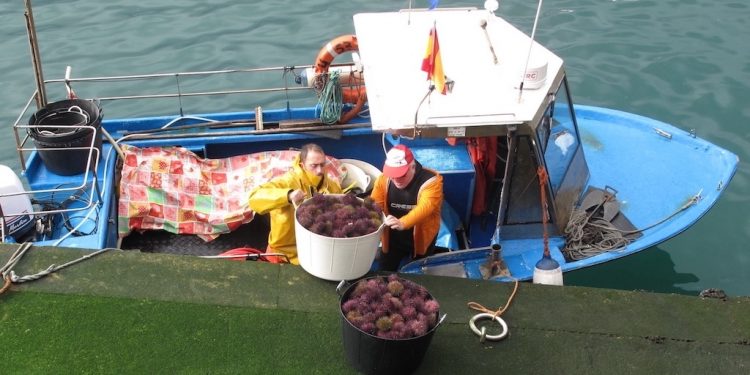Spanish Fisheries Confederation CEPESCA has sounded the alarm over the decline in domestic seafood consumption. According to official data, this has dropped to below 20kg per capita/annum.
The latest data made public by the Ministry of Agriculture, Fisheries and Food (MAPA) shows that in 2022 seafood consumption in Spanish households dropped 15.6%, to 19.90kg per capita/ammun, compared to 22.72 kg in 2021. This is a historic low point – with the exception of the Covid year of 2020 – and over the longer term the reduction since 2008 is 32.80%.
’it is essential that initiatives are introduced to promote the right to a healthy diet, with a product that is obtained in compliance with strict regulations, with respect for the environment, with one of the smallest carbon footprints in the world, with virtually zero water footprint and with social, economic and cultural roots that make it part of our heritage,’ said CEPESCA general secretary Javier Garat.
‘We still do not understand why is the consumption of fish products not supported with the VAT reduction, if all nutrition experts and medical practitioners point to fish and shellfish as a basic and fundamental food in a healthy diet.’
Since 2008, the drop in the consumption of seafood is especially notable for fresh shellfish, molluscs and crustaceans, with a 45% reduction in volume, as well as fresh fish, which in 2022 had falled by 38.6% since 2008.
The lowest reduction (15.1%) was in cooked shellfish, molluscs and crustaceans, while consumption of canned shellfish and fish are the only product group to have shown an increase since 2008, of 6%.
‘It is evident that Spanish society is moving away from the Mediterranean and Atlantic diets, recognised as one of the factors that have allowed Spain to be at the top of the ranking of countries for longevity and quality of life,’ Javier Garat said.









